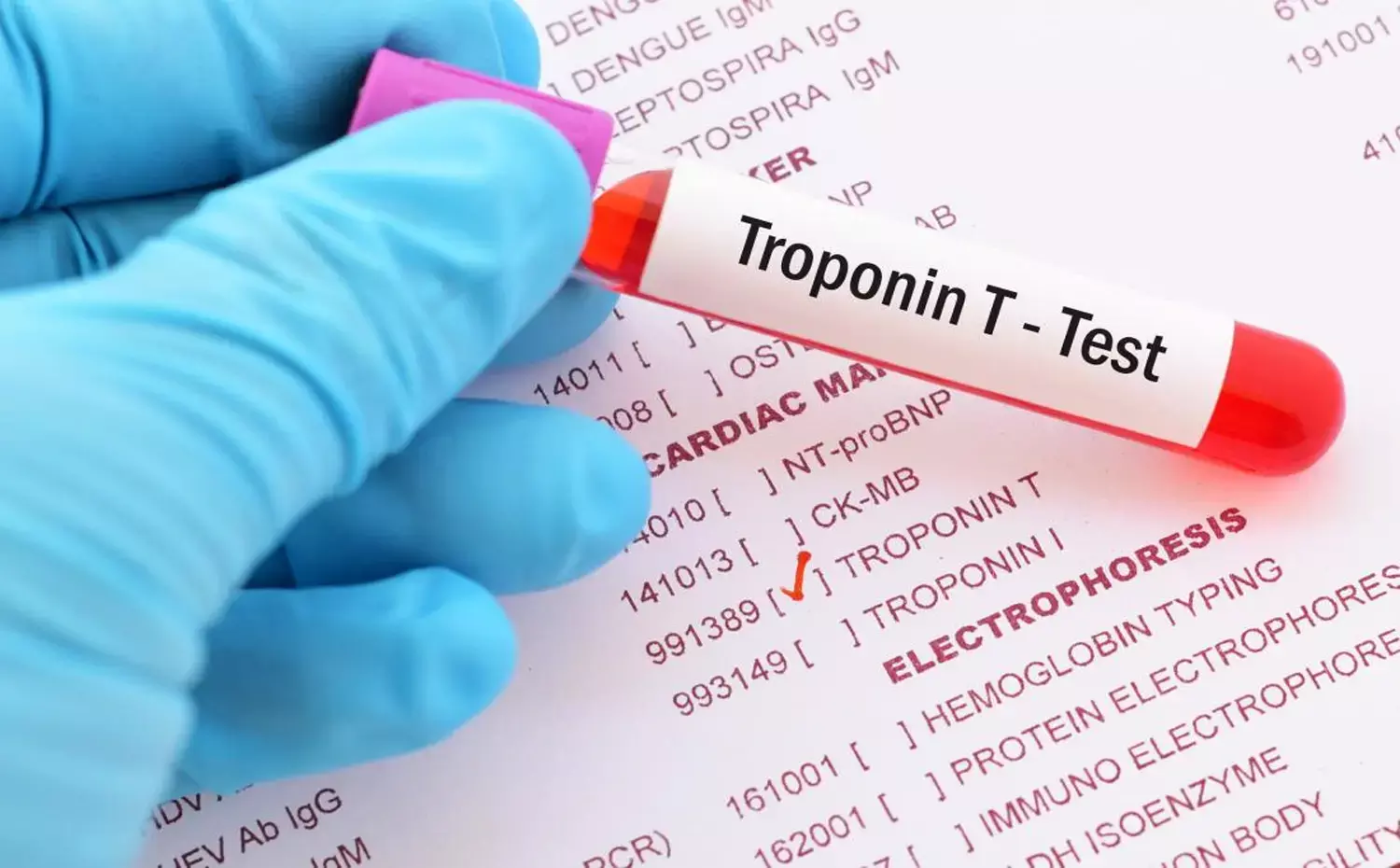- Home
- Medical news & Guidelines
- Anesthesiology
- Cardiology and CTVS
- Critical Care
- Dentistry
- Dermatology
- Diabetes and Endocrinology
- ENT
- Gastroenterology
- Medicine
- Nephrology
- Neurology
- Obstretics-Gynaecology
- Oncology
- Ophthalmology
- Orthopaedics
- Pediatrics-Neonatology
- Psychiatry
- Pulmonology
- Radiology
- Surgery
- Urology
- Laboratory Medicine
- Diet
- Nursing
- Paramedical
- Physiotherapy
- Health news
- Fact Check
- Bone Health Fact Check
- Brain Health Fact Check
- Cancer Related Fact Check
- Child Care Fact Check
- Dental and oral health fact check
- Diabetes and metabolic health fact check
- Diet and Nutrition Fact Check
- Eye and ENT Care Fact Check
- Fitness fact check
- Gut health fact check
- Heart health fact check
- Kidney health fact check
- Medical education fact check
- Men's health fact check
- Respiratory fact check
- Skin and hair care fact check
- Vaccine and Immunization fact check
- Women's health fact check
- AYUSH
- State News
- Andaman and Nicobar Islands
- Andhra Pradesh
- Arunachal Pradesh
- Assam
- Bihar
- Chandigarh
- Chattisgarh
- Dadra and Nagar Haveli
- Daman and Diu
- Delhi
- Goa
- Gujarat
- Haryana
- Himachal Pradesh
- Jammu & Kashmir
- Jharkhand
- Karnataka
- Kerala
- Ladakh
- Lakshadweep
- Madhya Pradesh
- Maharashtra
- Manipur
- Meghalaya
- Mizoram
- Nagaland
- Odisha
- Puducherry
- Punjab
- Rajasthan
- Sikkim
- Tamil Nadu
- Telangana
- Tripura
- Uttar Pradesh
- Uttrakhand
- West Bengal
- Medical Education
- Industry
Single troponin test enough to discharge suspected heart attack patients from ED: JAMA

USA: A single negative troponin test versus serial troponin testing appears safe in ruling out acute coronary syndrome (ACS) in patients presented to emergency department (ED) with chest pain, finds a recent study. According to the study, published in the JAMA Network Open, there was no difference in rates of 30-day cardiac mortality and acute myocardial infarction with the use of single versus serial troponin testing.
The researchers reported that 30-day rate of acute MI or cardiac mortality was similar regardless of whether patients had one troponin test or underwent serial testing in the emergency department (0.4% in both groups).
"Our findings suggest that physician discretion to order serial or single troponin tests for the management of ED patients suspected to have acute coronary syndrome appears safe and is a reasonable strategy for improving efficiency without an adverse association with patient outcomes," wrote the authors.
Chest pain is one of the common reasons for presenting to the ED. However, most of the patients are at low ACS risk, with low rates of cardiac adverse outcomes. Biomarker testing with troponin levels plays an important role in initial ACS assessment. Although, in clinical practice, serial troponin testing can improve the ACS diagnosis, some patients deemed to be low risk are discharged after a single negative troponin test result. Maereg Wassie, Los Angeles Medical Center, Los Angeles, and colleagues reported the clinical outcomes of patients discharged after a single negative troponin test result compared with patients discharged after serial troponin measurements.
For the purpose, the researchers performed a retrospective cohort study of ED encounters from May 5, 2016, to December 1, 2017, across 15 community EDs within an integrated health care system in southern California. The study included 27 918 adult ED encounters in which patients were evaluated for suspected ACS with a HEART (history, electrocardiogram, age, risk factors, and troponin) score and an initial conventional troponin-I measurement below the level of detection (<0.02 ng/mL).
The primary outcome was acute myocardial infarction or cardiac mortality.
Key findings of the study include:
- Of patients with an initial troponin measurement below the level of detection, 14 459 (51.8%) were discharged after a single troponin measurement, and 13 459 (48.2%) underwent serial troponin tests.
- After adjustment for cardiac risk factors and comorbidities, there was no statistically significant difference in the primary outcome of acute myocardial infarction or cardiac mortality within 30 days between the 2 groups (single troponin, 56 vs serial troponin, 52; adjusted odds ratio).
- Patients discharged after a single troponin test had lower rates of coronary artery bypass graft (adjusted odds ratio, 0.24) and invasive coronary angiography (adjusted odds ratio, 0.46).
"This study suggests that patients are routinely discharged from the ED after a single negative troponin test result, and when compared with serial troponin testing, a single troponin test appears safe based on current physician decision-making, with no difference in rates of 30-day cardiac mortality and acute myocardial infarction, which are low in both groups," concluded the authors.
The study titled, "Single vs Serial Measurements of Cardiac Troponin Level in the Evaluation of Patients in the Emergency Department With Suspected Acute Myocardial Infarction," is published in the journal JAMA Network Open.
DOI: https://jamanetwork.com/journals/jamanetworkopen/fullarticle/2776718
Dr Kamal Kant Kohli-MBBS, DTCD- a chest specialist with more than 30 years of practice and a flair for writing clinical articles, Dr Kamal Kant Kohli joined Medical Dialogues as a Chief Editor of Medical News. Besides writing articles, as an editor, he proofreads and verifies all the medical content published on Medical Dialogues including those coming from journals, studies,medical conferences,guidelines etc. Email: drkohli@medicaldialogues.in. Contact no. 011-43720751


